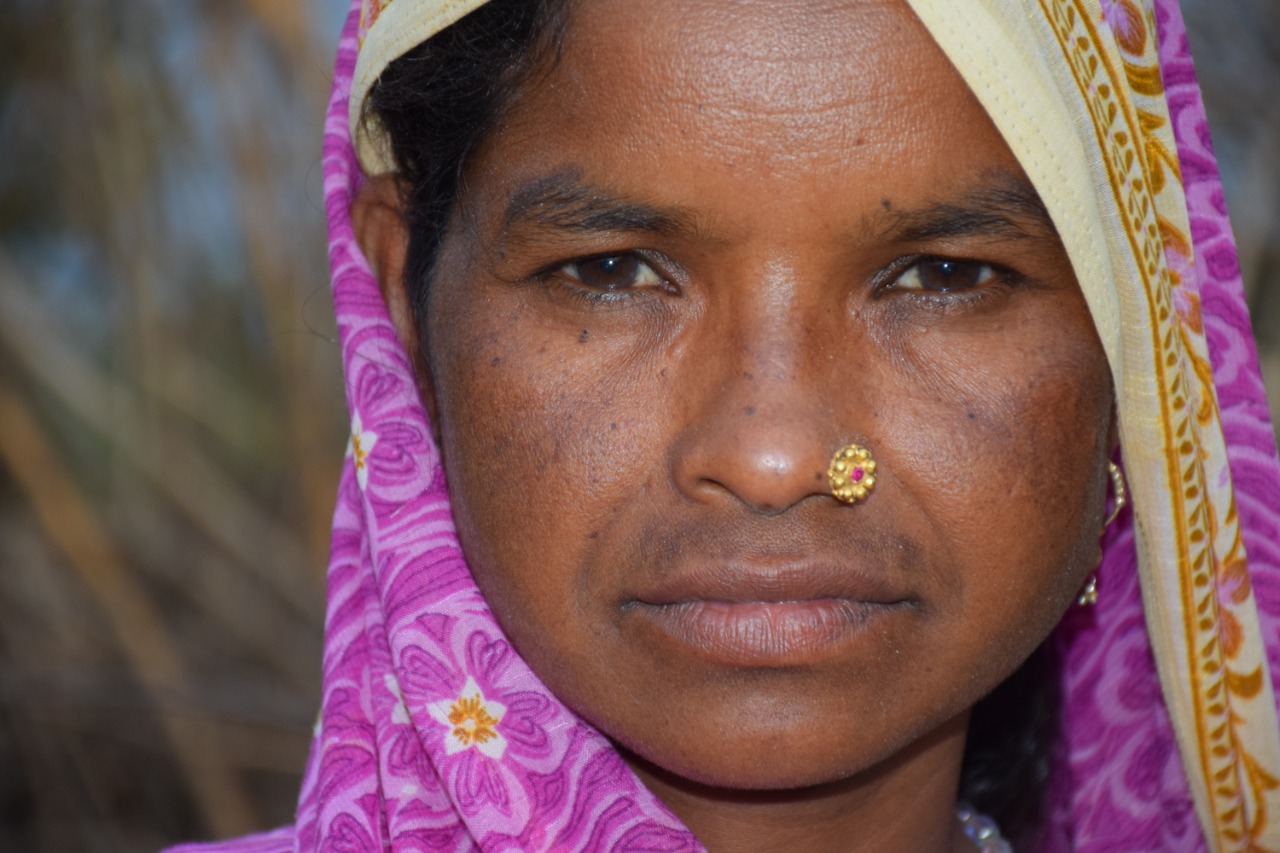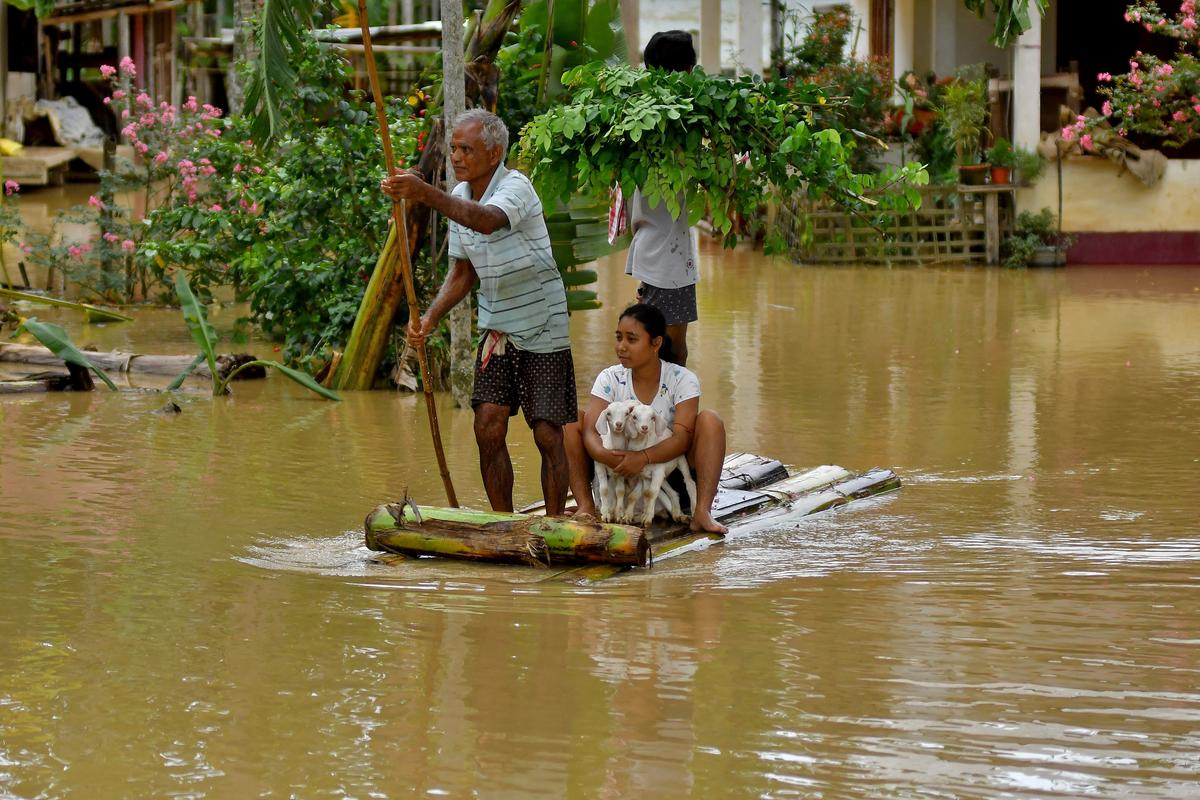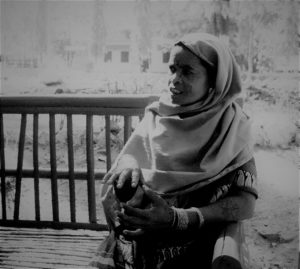CASA BLOGS

An Adivasi and a woman, and the need to protect her rights
How the struggle of this extra-ordinary tribal woman in Madhya Pradesh brought together tribal community to break free from unawareness.
For Sujatabai (name changed), it was never about winning elections or grabbing power. Her fondness to preserve the tribal culture she was born in, besides advocating equal rights for women, made her a “loved leader” within her Adivasi community.
Most of the people in her village belong to Schedules Castes (SCs) and Scheduled tribes (STs), the marginalised and the deprived sections. “Our only source of income is farming and income. Some of the families here are so economically weak that they can’t even afford two meals a day, forget about sending their children to school,” she says. Rainless seasons and ignorance of government livelihood schemes, forced these indigenous people to migrate to distant land in search for work.
“It was our land, but we left it to work as bonded labourers at someone else’s farm. Women getting harassed, children lacking nutritious meals, death of livestock.”
“We (Adivasis) are the people of this land, and yet we felt helpless. We needed to know about our rights in order to survive,” she says. The problems of Adivasi communities are about access to basic needs like elementary education, healthcare, sustainable livelihood support, food security, and infrastructure, which largely remain unfulfilled.
“Husbands used to beat women; their drinking problems led to financial troubles within family as the man of the house spent money on liquor and neglected livelihood activities. The burden shifted on to their wives,” she says.
She along with other women leaders are rigorously working on the issues like reducing liquor addiction among men, domestic violence, checking on migration, regular NREGA payments, monitoring school activities, and increased participation of women in the village and ensure regular pension for widows.
 Previous Blog Post #InternationalChildren’sDay Child Labour Free Zone – a CASA initiative
Previous Blog Post #InternationalChildren’sDay Child Labour Free Zone – a CASA initiative ‘Organic farming – because we were tired of struggle’
‘Organic farming – because we were tired of struggle’Featured Post

Mental Health Awareness in India: Addressing Key Challenges
8 Nov 2024
Mental health awareness is crucial in India, where millions silently struggle with mental health disorders, including depression, anxiety, and bipolar disorder. Despite growing recognition, India faces unique challenges in effectively addressing mental health issues. The stigma associated with mental illness remains a primary barrier. In Indian society, mental health issues are often misunderstood, leading to […]

Ensuring Girls’ Safety in India: A Path Toward Empowerment
20 Aug 2024
Girls’ safety in India remains a critical issue that has garnered increasing attention over the years. Despite various reforms and efforts from both government and civil society, challenges persist. From street harassment to domestic violence, gender-based discrimination continues to limit the freedom and safety of girls. While significant progress has been made in addressing these […]

The Connection Between Monsoons and Floods in India: An In-Depth Analysis
9 Jul 2024
India, a land of diverse climates and geographical features, relies heavily on the monsoon season for its agricultural and water resources. However, with the benefits of the monsoon rains come significant challenges, particularly in the form of floods. This blog explores the intricate relationship between the monsoon season and flooding in India, providing detailed insights […]



